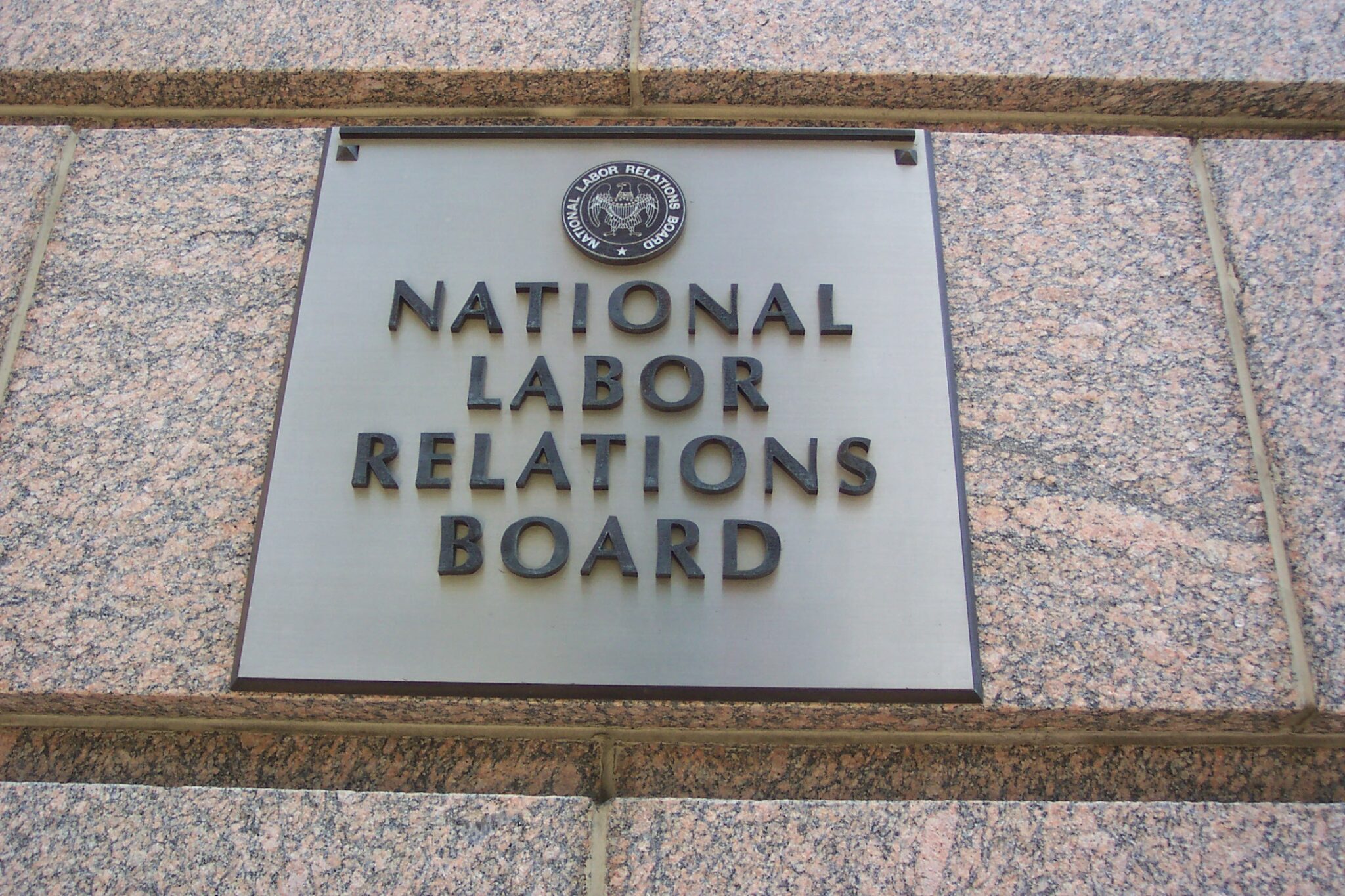In today’s news and commentary, Democrats invite fired federal workers to Trump’s Tuesday address to a joint session of Congress, the NLRB’s acting general counsel announces agency focus on boosting settlements, and the United Federation of Teachers may face a regime change just as mayoral candidates vie for the union’s endorsement.
On Tuesday evening, President Trump will address a joint session of Congress for the first time since returning to office. It is predicted that he will use part of the speech to defend his government restructuring initiative led by the Department of Government Efficiency (DOGE) and responsible for moves to lay off tens of thousands of federal workers. Many Democrats have indicated that they will not attend the speech. Illinois Representative Brad Schneider, along with several other Democratic lawmakers, are taking a different approach. Several have invited former federal workers in an effort to protest last month’s mass firings and funding cuts. Representative Schneider says he didn’t want the president to “get a free pass” from seeing the effects his administration has had on real people.
The National Labor Relations Board’s acting general counsel, William Cowen, spoke recently at an American Bar Association conference. Cowen announced that the agency’s key goals would be “traditional jurisdiction,” with a focus on boosting settlements. As Anjali reported, GC Cowen withdrew over two dozen Abruzzo-era memos last month and the Board does not currently have the quorum necessary to hear cases and issue decisions. Cowen suggested that the case backlog was unsustainable and that the Board was unable to deliver justice because of the agency’s emphasis on seeking greater backpay and remedial measures in settlements. Management-side practitioners say this insistence on full relief under the law made companies reluctant to settle with workers. The NLRB’s settlement rate over the last three years remained around 96%.
As New York City’s mayoral race grows increasingly contested, one of the city’s largest unions faces leadership challenges of its own. Michael Mulgrew has led the United Federation of Teachers, which represents approximately 200,000 New York City teachers, for nearly 15 years. He belongs to the Unity caucus, whose leadership has controlled the union since the 1960s. Rank-and-file opposition groups have mounted campaigns each election, but rarely come close to threatening Unity caucus control. This year may be different. As eleven and counting mayoral candidates seek union endorsements, they are, for the first time, confused about who to court at the UFT. Mulgrew’s support among retirees, a small but significant voting bloc, has waned since his push for Medicare Advantage. Many rank-and-file members were frustrated by Mulgrew’s approach to pandemic-era policies. Ballots will be counted from the end of May until the first week of June, with the mayoral primary scheduled for June 24.







Daily News & Commentary
Start your day with our roundup of the latest labor developments. See all
February 27
The Ninth Circuit allows Trump to dismantle certain government unions based on national security concerns; and the DOL set to focus enforcement on firms with “outsized market power.”
February 26
Workplace AI regulations proposed in Michigan; en banc D.C. Circuit hears oral argument in CFPB case; white police officers sue Philadelphia over DEI policy.
February 25
OSHA workplace inspections significantly drop in 2025; the Court denies a petition for certiorari to review a Minnesota law banning mandatory anti-union meetings at work; and the Court declines two petitions to determine whether Air Force service members should receive backpay as a result of religious challenges to the now-revoked COVID-19 vaccine mandate.
February 24
In today’s news and commentary, the NLRB uses the Obama-era Browning-Ferris standard, a fired National Park ranger sues the Department of Interior and the National Park Service, the NLRB closes out Amazon’s labor dispute on Staten Island, and OIRA signals changes to the Biden-era independent contractor rule. The NLRB ruled that Browning-Ferris Industries jointly employed […]
February 23
In today’s news and commentary, the Trump administration proposes a rule limiting employment authorization for asylum seekers and Matt Bruenig introduces a new LLM tool analyzing employer rules under Stericycle. Law360 reports that the Trump administration proposed a rule on Friday that would change the employment authorization process for asylum seekers. Under the proposed rule, […]
February 22
A petition for certiorari in Bivens v. Zep, New York nurses end their historic six-week-strike, and Professor Block argues for just cause protections in New York City.